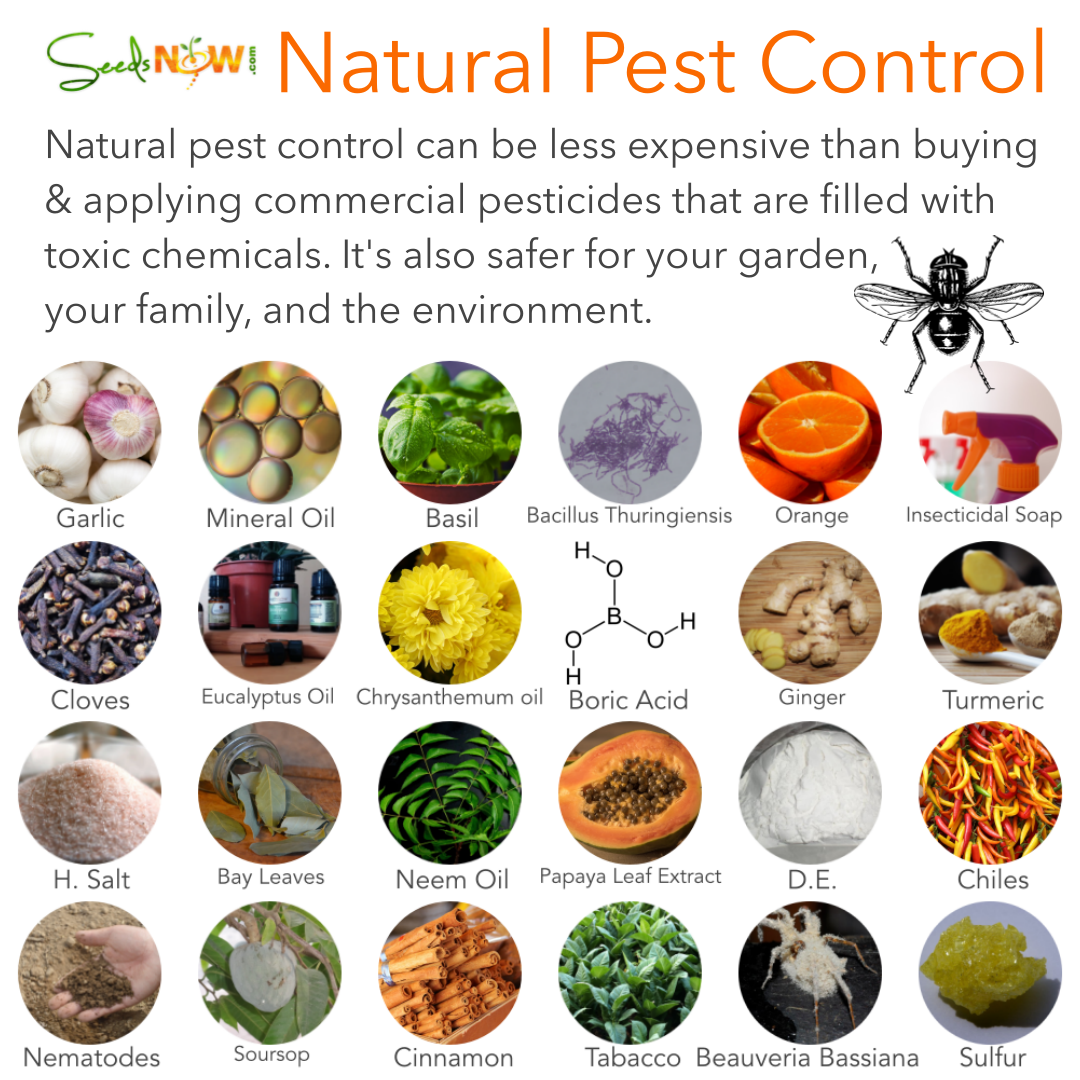Urban Garden Pest Control, Organic Tips

Organic Pest Control for Urban Gardens: A Comprehensive Guide
Why Organic Pest Control Matters in Urban Gardening
Urban gardening is a fantastic way to bring a touch of nature into our concrete jungles. But with gardens come pests, and dealing with them organically is not just a trend—it's a necessity. Organic pest control ensures that your garden remains eco-friendly, safe for you, your family, and the environment.
Understanding Urban Garden Pests
Before diving into organic pest control, it's crucial to understand the pests you're dealing with. Common urban garden pests include aphids, whiteflies, spider mites, and slugs. Each pest has its preferred plants and conditions, so identifying them is the first step towards effective control.
The Benefits of Organic Pesticides
Organic pesticides are derived from natural sources like plants, animals, and minerals. They are biodegradable, less harmful to the environment, and safer for humans and pets. Plus, they often target specific pests, leaving beneficial insects unharmed.
Preventive Measures: The First Line of Defense
Prevention is key in organic pest control. Here are some tips:
- Keep Your Garden Clean: Remove dead leaves, weeds, and debris where pests can hide and breed.
- Rotate Crops: If you're growing vegetables, rotate them annually to disrupt pest life cycles.
- Choose Resistant Plants: Some plants are naturally resistant to pests. Do your research and choose wisely.
Natural Remedies for Common Pests
Aphids
Aphids can be controlled with a strong blast of water or a homemade garlic spray. Mix a few cloves of garlic with water, let it sit overnight, strain, and spray on your plants.
Whiteflies
Whiteflies hate yellow, so hang yellow sticky traps around your garden. You can also use a vacuum to suck them up!
Spider Mites
Spider mites can be controlled with a mixture of water and dish soap. Spray the mixture on the underside of leaves where mites like to hide.
Slugs
Slugs can be trapped with beer. Bury a shallow dish of beer in your garden, and the slugs will be attracted to it and drown.
Companion Planting: Nature's Pest Control
Companion planting involves growing certain plants together that benefit each other, including pest control. For example, marigolds repel nematodes, and mint repels ants and rodents.
Attracting Beneficial Insects
Not all insects are pests. Ladybugs, lacewings, and praying mantises are just a few beneficial insects that feed on garden pests. Plant flowers like dill, yarrow, and daisies to attract them.
Organic Pesticides: When to Use Them
Sometimes, natural remedies and beneficial insects aren't enough. That's when organic pesticides come in. Remember, even organic pesticides should be used sparingly and as a last resort.
Neem Oil
Neem oil is a popular organic pesticide that disrupts the life cycle of many pests. It's biodegradable and non-toxic to birds, mammals, and most beneficial insects.
Diatomaceous Earth
Diatomaceous earth is a powder made from fossilized algae. It's harmless to humans but deadly to many insects, as it damages their exoskeletons and causes them to dehydrate.
Bacillus Thuringiensis (Bt)
Bt is a naturally occurring bacterium that kills caterpillars and other leaf-eating pests. It's safe for humans, pets, and most beneficial insects.
Eco-Friendly Gardening Practices
Organic pest control is just one part of eco-friendly gardening. Other practices include composting, conserving water, and using native plants. Every little bit helps to create a sustainable garden ecosystem.
When to Call in the Professionals
Sometimes, despite our best efforts, pests get out of control. That's when it's time to call in professional help. Look for companies that specialize in organic pest control and have good reviews.
Resources for Further Learning
There's always more to learn about organic pest control. Websites like Gardener's Supply Company offer a wealth of information on the topic.
Conclusion
Organic pest control for urban gardens is not just about keeping pests at bay; it's about creating a healthy, sustainable ecosystem in your backyard. By using natural remedies, attracting beneficial insects, and practicing eco-friendly gardening, you can enjoy a beautiful, pest-free garden that's safe for you and the environment.
FAQs
Q: What are the most common urban garden pests?
A: The most common urban garden pests include aphids, whiteflies, spider mites, and slugs.
Q: Why should I use organic pesticides?
A: Organic pesticides are safer for the environment, humans, and pets. They are also biodegradable and often target specific pests.
Q: How can I prevent pests in my garden?
A: Preventive measures include keeping your garden clean, rotating crops, and choosing pest-resistant plants.
Q: What are some natural remedies for pests?
A: Natural remedies include garlic spray for aphids, yellow sticky traps for whiteflies, soap and water for spider mites, and beer traps for slugs.
Q: When should I call a professional for pest control?
A: If pests get out of control despite your best efforts, it's time to call a professional. Look for companies that specialize in organic pest control.
0 Response to " Urban Garden Pest Control, Organic Tips"
Post a Comment